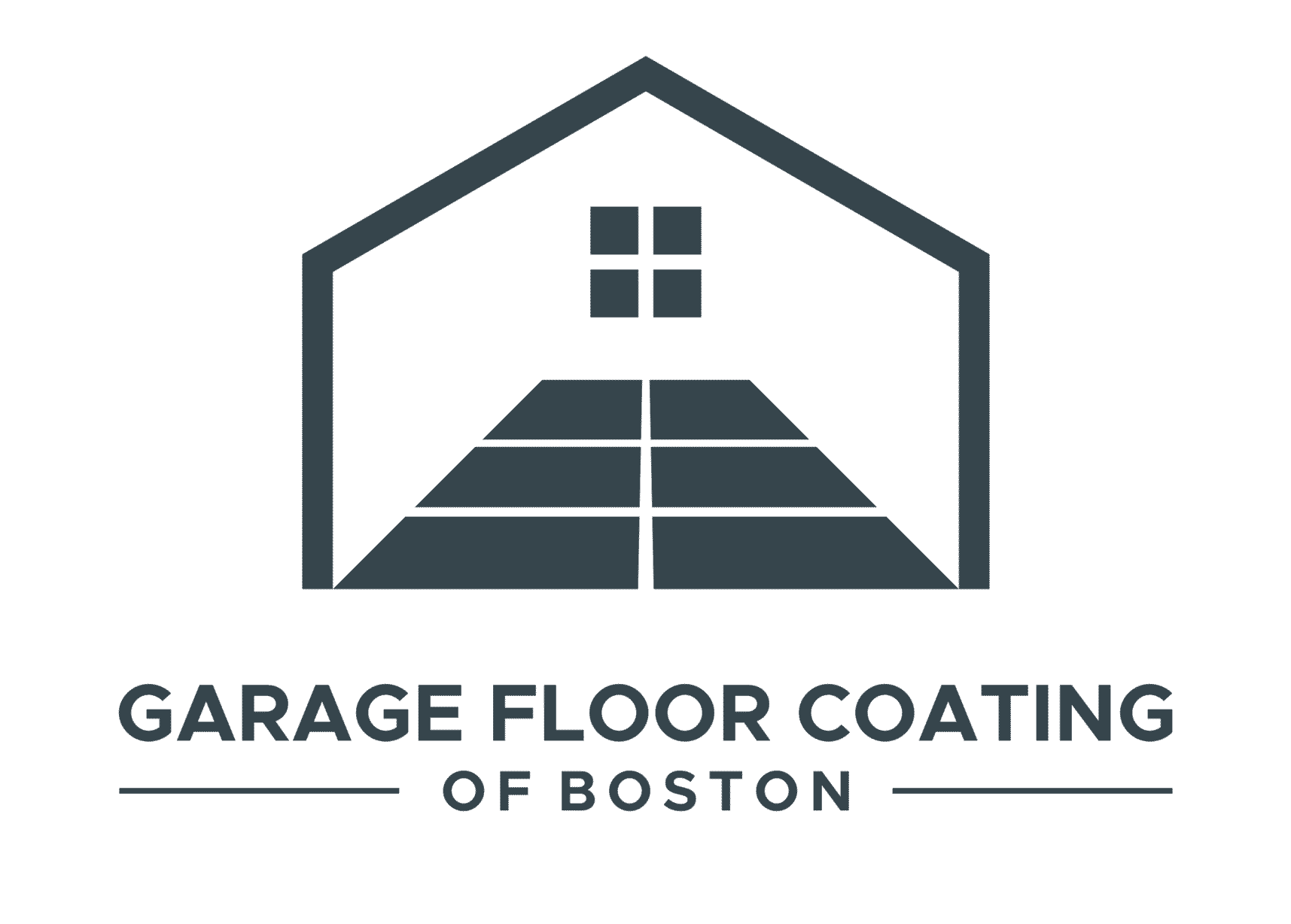When you deal with concrete, concrete crack repair becomes inevitable at some point. The concrete is still functional even with cracks, but this does not mean that they should be ignored. Whether the crack is big or small, it should be repaired as soon as possible. There are two types of cracks, superficial and structural. Superficial cracks are minor problems that can be easily fixed using a crack repair system. Structural cracks can widen over time, making their repair more urgent.
Evaluating cracks are an essential part of the repair process since different types of cracks need different materials to patch them up. Superficial cracks can be sealed using either an epoxy or polyurethane product. If the damage is related to waterproofing and basic filling, polyurethane is the medium of choice because it dries fast. For cracks that need compressive strength, epoxy will hold better due to the nature of the material.
Superficial cracks can be chiseled to make a backward-angled wedge then cleaned out using a wire brush. Before applying concrete, a bonding adhesive is brushed all over the crack to make sure that the filler will adhere to the surrounding concrete. Once the patching material is poured, smoothening out the edges makes sure that the concrete is even. If the crack is wide, pouring sand before the concrete is recommended, and the mixture should include concrete fortifier to strengthen the solution of the patching material.
If a crack is structural, however, epoxy is the only solution because of its impressive compressive strength, which is stronger than concrete. The only downside to epoxy is its long curing time, which may take hours.
If you are looking for experts in concrete crack repair in Boston, contact Garage Floor Coatings of Boston. We can evaluate your concrete repair needs and make your concrete surface look new in no time.
